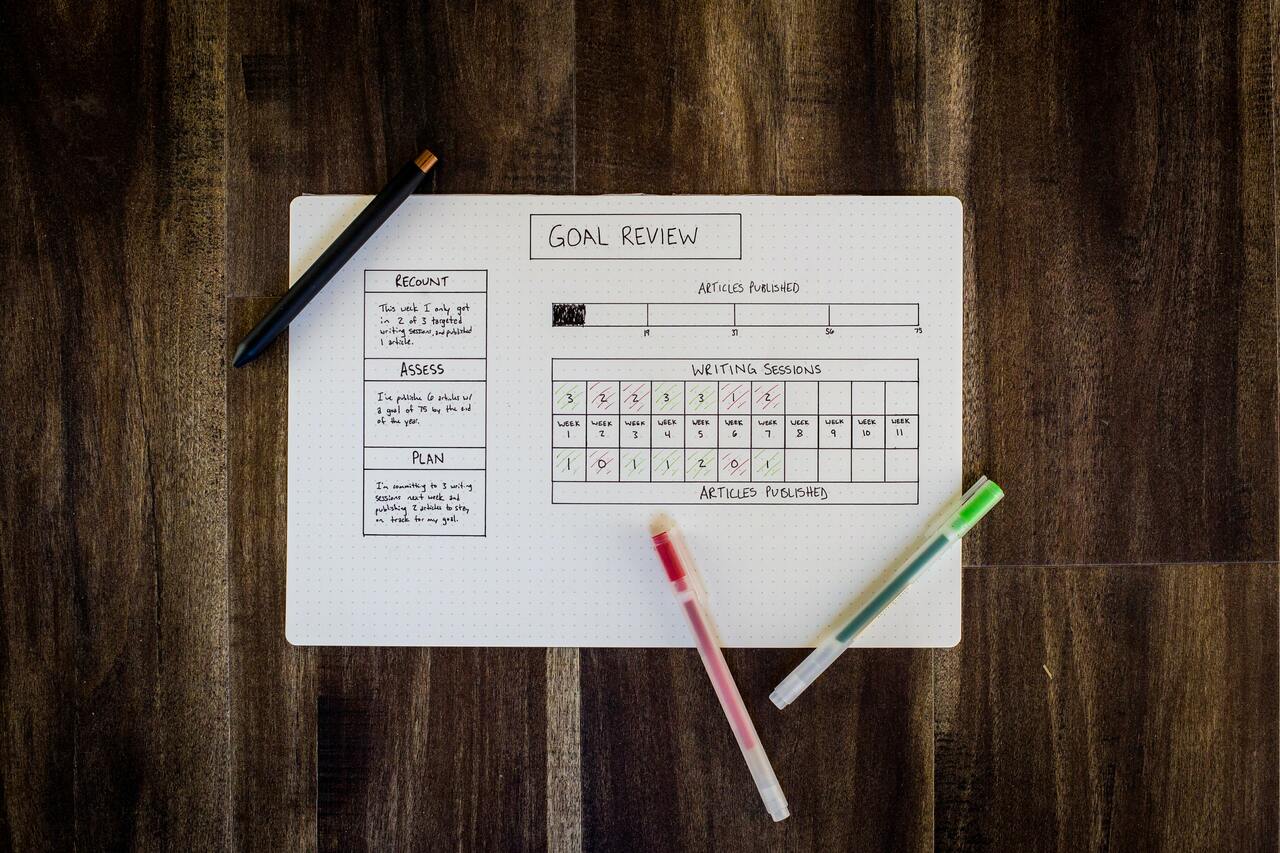
Picture this: It’s time to study for finals. You have a B+ in your Spanish class, but that’s mostly because you’d cram in a study session right before big exams. You finally received a study guide listing out all the topics you learned this semester, and it is daunting. Some of the topics you learned 4 months ago may be unrecognizable, and so you prepare yourself for an all-nighter of trying to remember all of the topics you at one point knew so well. This is a tad dramatic, but the point is that while cramming may work occasionally, it does not offer the long term benefits of having properly learned topics, and maintaining that knowledge with occasional review throughout the semester.
Here’s a specific example in Spanish: the subjunctive present. The first step to conjugating a verb in this tense is to use the indicative present, the very first tense you learn to conjugate. If this topic has fallen to the wayside, it will be difficult to remember the several common verbs that have irregular conjugations, and then your performance on the subjunctive present will suffer. This is by no means unique to Spanish—several subjects such as math and science tend to be cumulative, and use earlier topics as foundations to teach others.
The way to avoid both of these unfortunate situations is to practice consistently throughout the semester. If you find yourself having a night with no homework, take some time to go back and review your notes. No need to sacrifice your whole night of relaxation; simply looking at the notes, and then doing 15 minutes of practice on the subject will be sufficient, so long as it’s done consistently. It’s either that, or you can endure the inevitable several hour emergency review session you’ll have to do later down the line.
Here are some effective strategies to aid you in your effort to eliminate cramming: